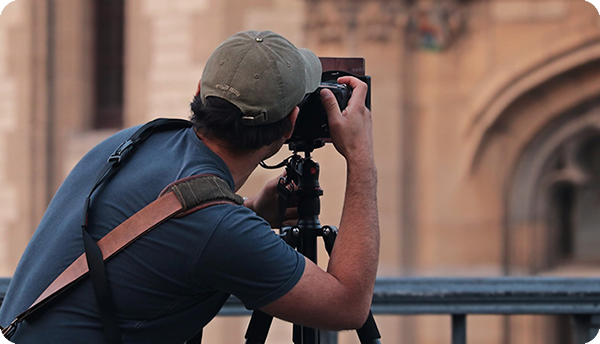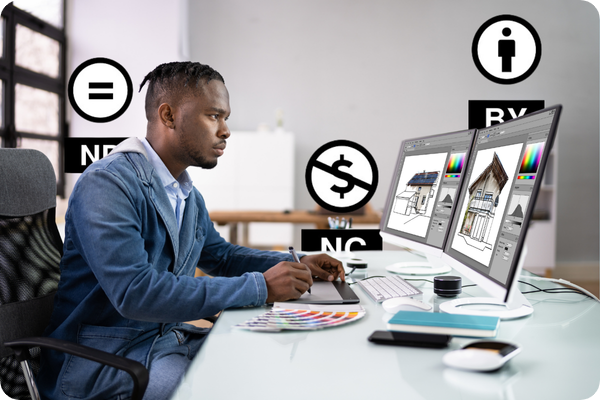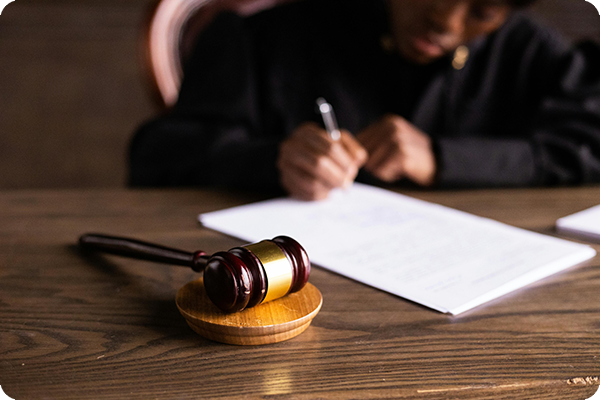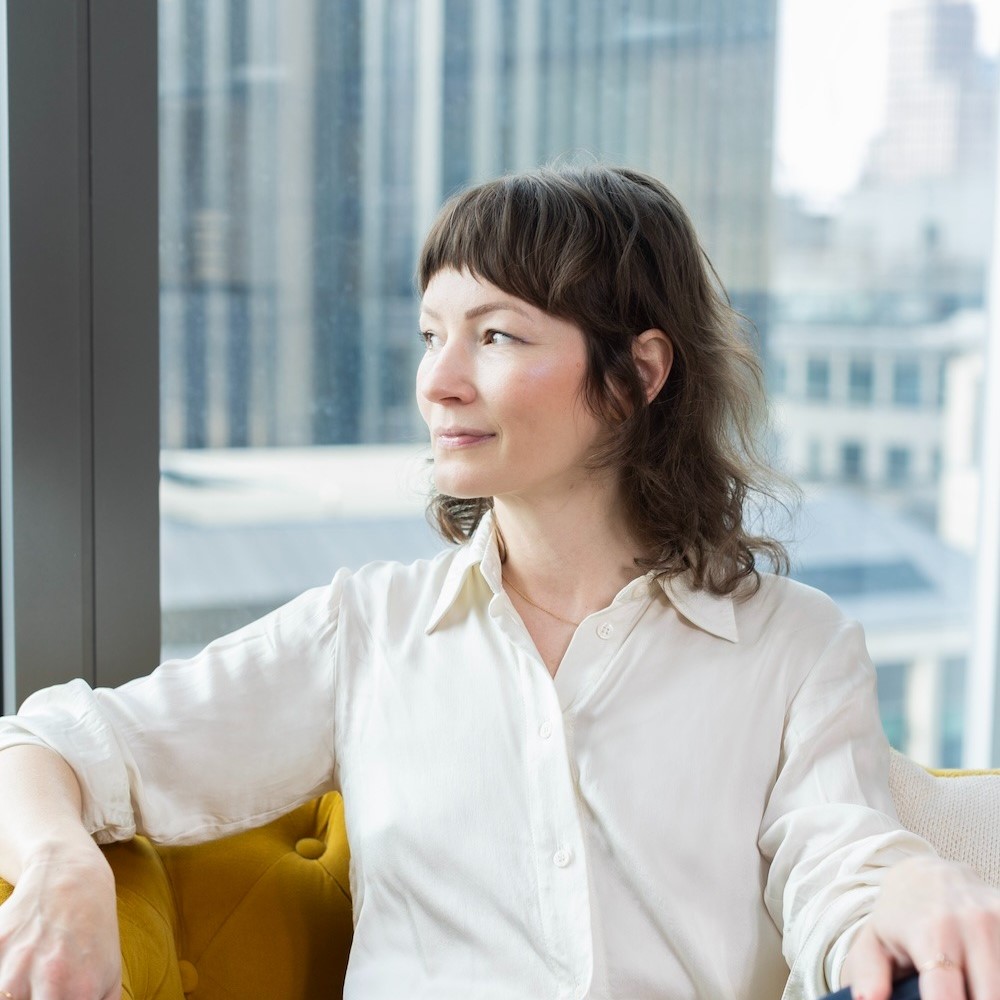This is a complex question. The ownership of AI-generated images often depends on the terms set by the AI platform used to create them. Many platforms, like Midjourney and DALL-E, allow users to commercially use images generated under certain conditions, typically requiring a paid subscription. However, although UK law allows for copyright in ‘computer-generated works’, the author must be human. But in the case of generative content, it is hard to know who the author is: the person who designed the prompt, the people who designed the AI software which generates the image, or the people that own the copyright to the images used to train the AI which generated the art work? The legal landscape surrounding the copyright and ownership of AI-generated photos is still evolving.












